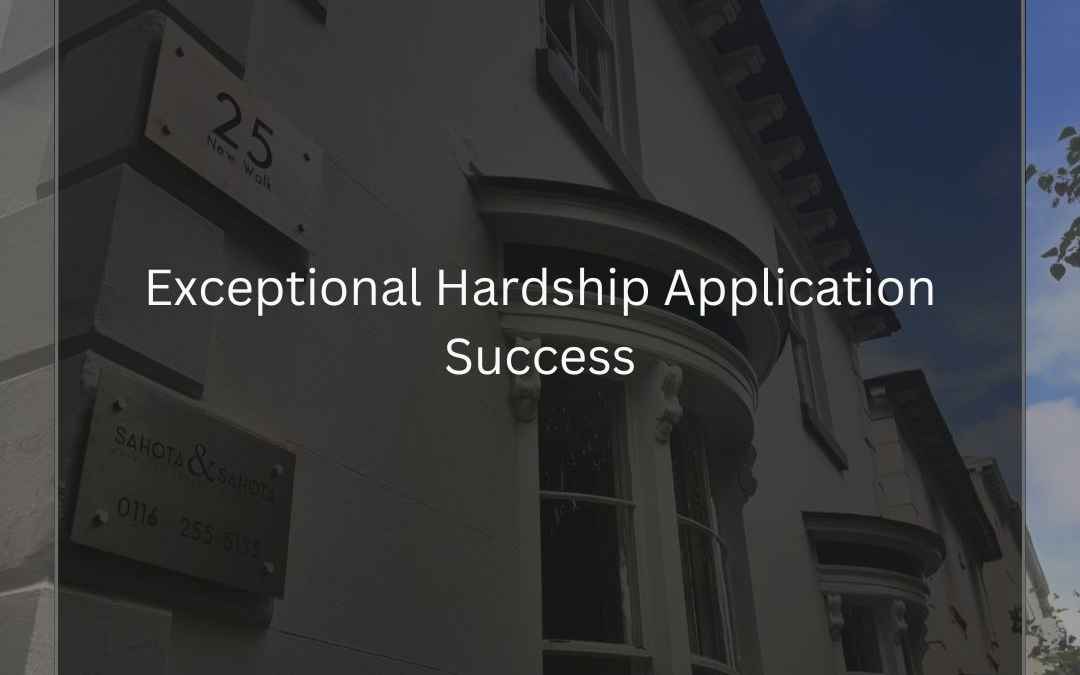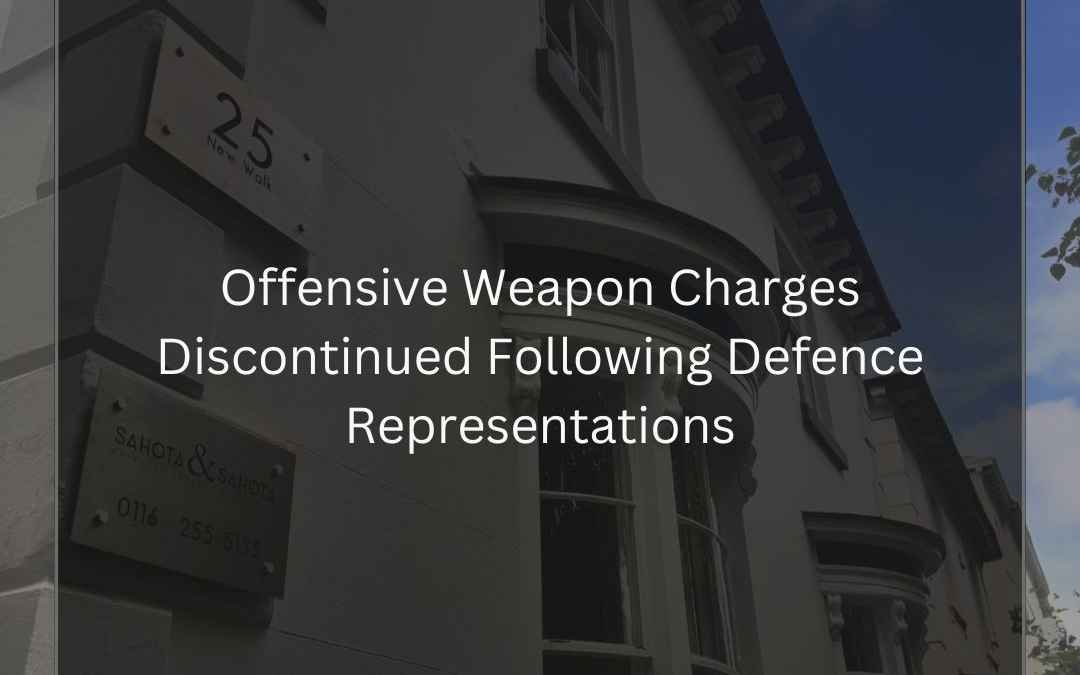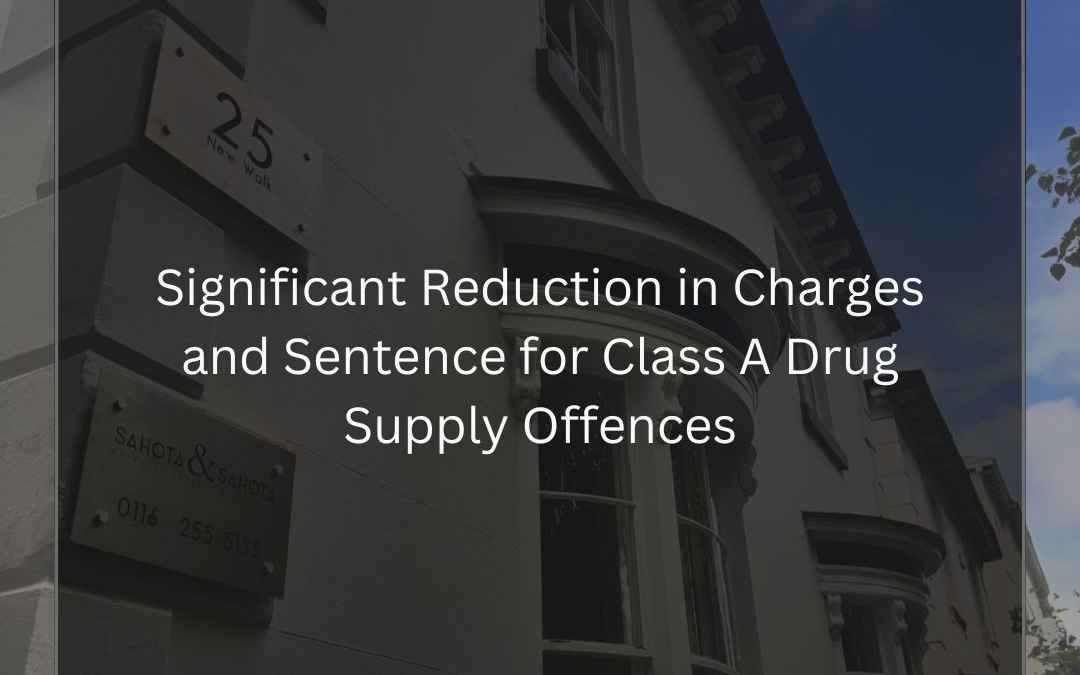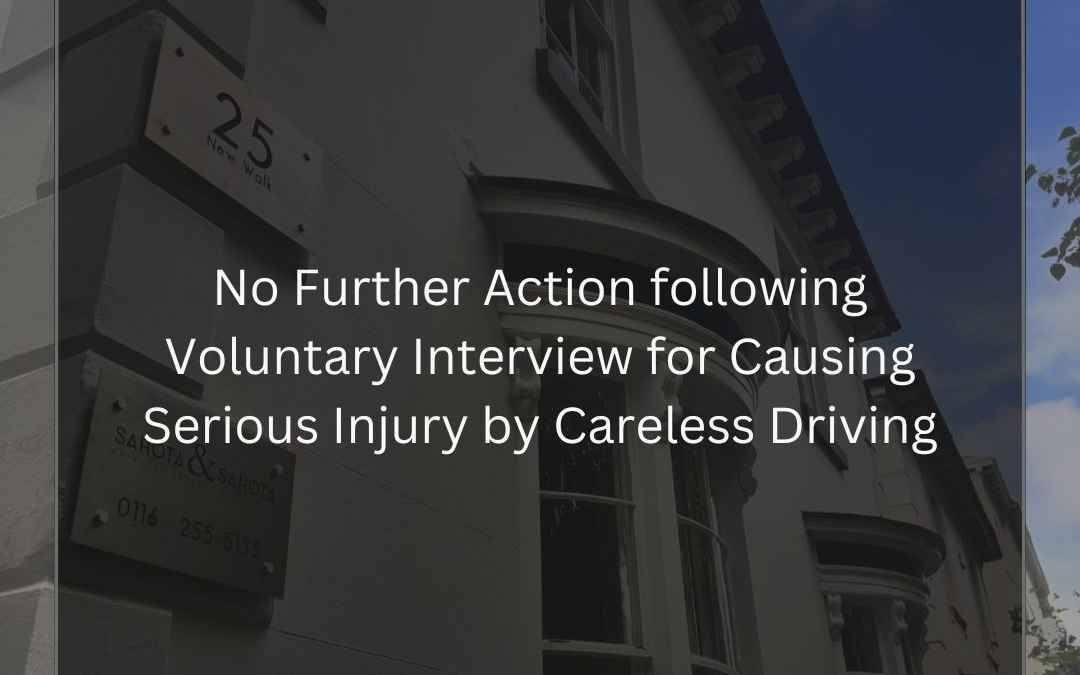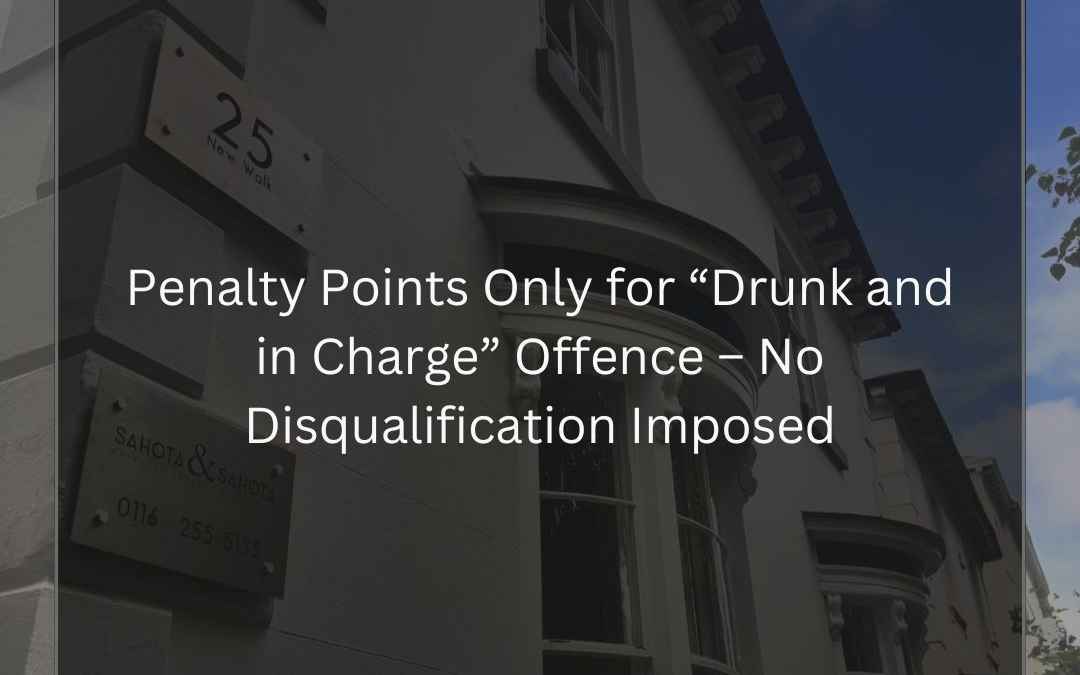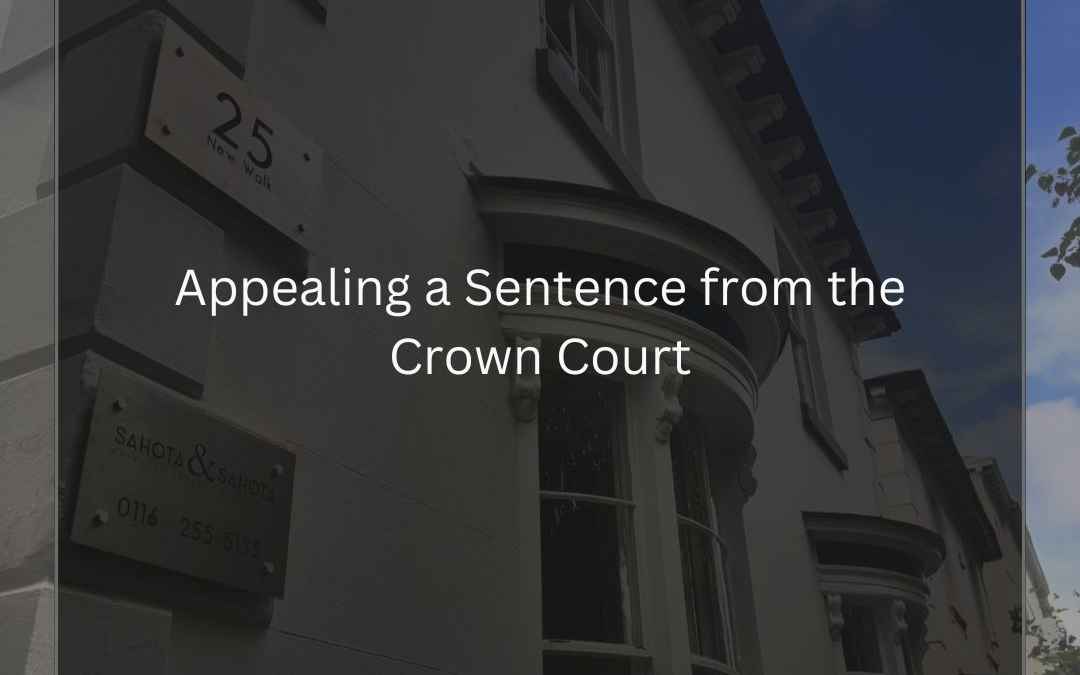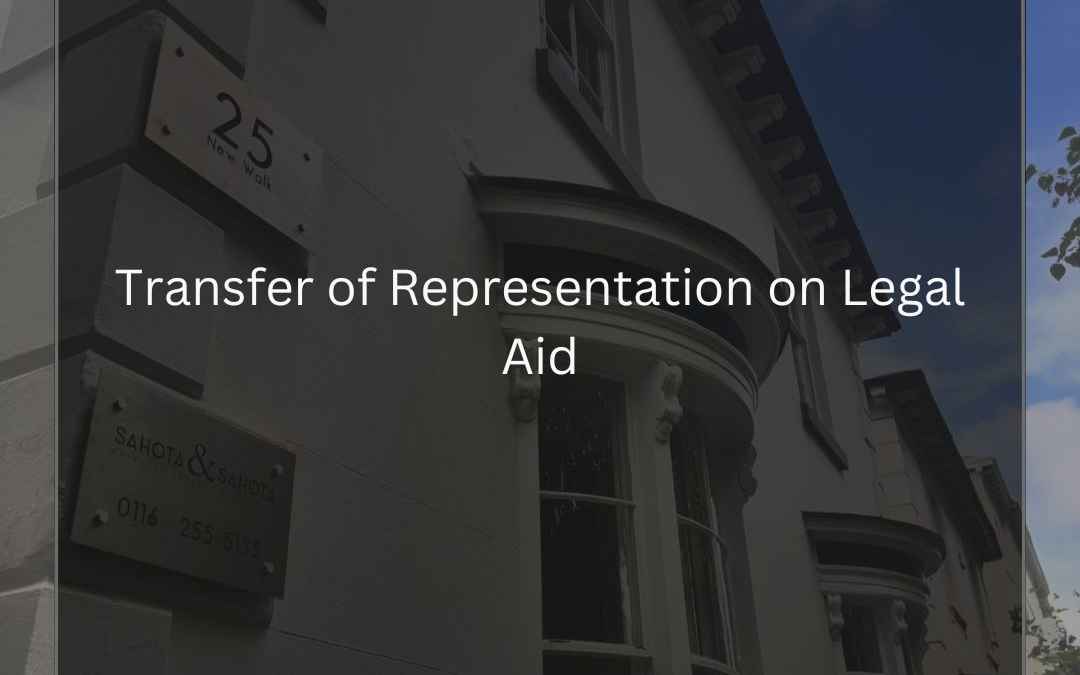In England and Wales, criminal offences are divided into three categories based on their seriousness: summary only, indictable only, and either-way offences. Understanding the differences between these categories is important if you or a loved one are facing criminal proceedings.
If you need urgent legal advice now, call or WhatsApp 01162 555 155.
Summary Only Offences
Summary only offences are the least serious types of criminal offences. They are dealt with exclusively in the Magistrates’ Court and typically carry lower sentences, such as fines, community orders, or short periods of imprisonment.
Common examples of summary offences include:
- Driving offences (e.g., speeding, driving without insurance)
- Minor assaults (such as common assault without injury)
- Drunk and disorderly behaviour
- Because these cases are usually more straightforward, they are often resolved more quickly than more serious cases.
Indictable Only Offences
At the other end of the scale are indictable only offences. These are the most serious crimes and must be heard in the Crown Court, often before a jury.
Indictable offences carry more severe penalties, including lengthy prison sentences. Some examples are:
- Murder
- Robbery
- Rape
- Conspiracy Offences (i.e. conspiracy to supply drugs, conspiracy to steal etc)
- Cases involving indictable offences typically start in the Magistrates’ Court for an initial hearing before being sent (“committed”) to the Crown Court for trial.
Either-Way Offences
Either-way offences sit between summary and indictable offences. These offences can be heard either in the Magistrates’ Court or the Crown Court, depending on the circumstances.
Factors that determine where the case will be heard include:
- The seriousness of the offence
- The defendant’s criminal history
- The potential sentence if convicted
- Examples of either-way offences include:
- Theft
- Assault occasioning actual bodily harm (ABH)
- Fraud
- Possession of drugs with intent to supply
In either-way cases, there is usually a procedure known as a Mode of Trial hearing. The Magistrates decide if they believe their sentencing powers are sufficient. If they are, the defendant may still elect to have their case heard in the Crown Court.
Why Choose Sahota & Sahota Solicitors?
Facing a criminal charge can be one of the most stressful experiences of your life. At Sahota & Sahota Solicitors, we have a proven track record of successfully defending clients across all categories of criminal offences.
We are:
- Experts in both Magistrates’ Court and Crown Court proceedings
- Approachable, understanding, and fiercely protective of our clients’ rights
- Available 24/7 for police station representation
- We will guide you through every stage of your case, providing honest advice and fighting tirelessly to achieve the best possible outcome.
Recent Cases
Successfully defended a client charged with fraud (either-way offence), securing an acquittal after trial.
Represented a client facing an indictable only offence of robbery, achieving a significant reduction in sentence after robust mitigation.
Advised and represented numerous clients charged with driving offences, preventing unnecessary criminal records.
Contact Us
If you or a loved one is facing criminal charges, do not delay in seeking expert legal advice.
You can call or WhatsApp us on 01162 555155.

